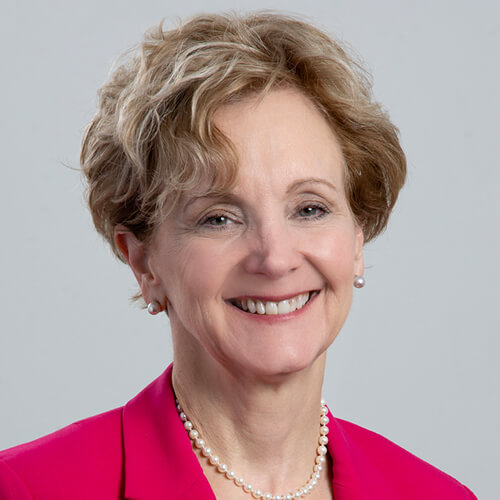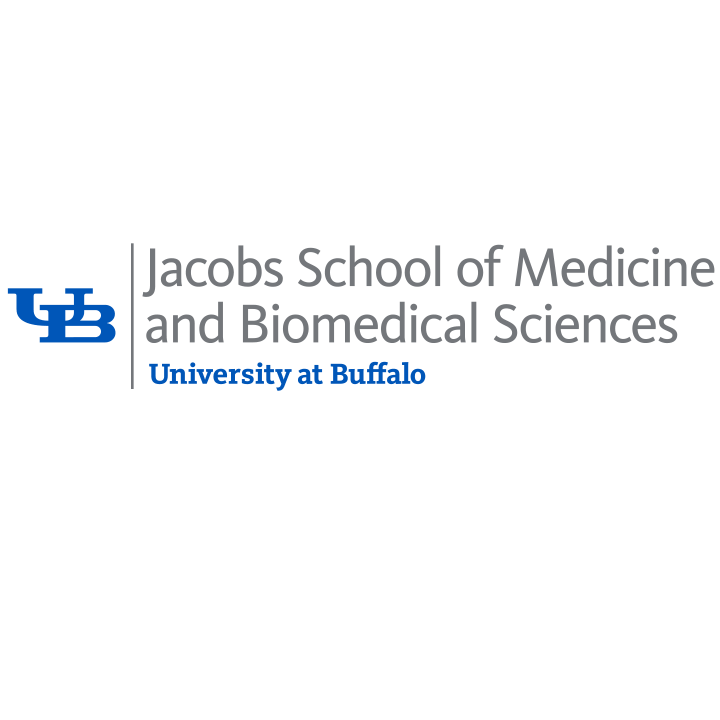The speed of innovation in healthcare is nothing short of breathtaking, with forces of change coming from both inside and outside traditional research and medical settings. The future is difficult to predict, but we are certain of this: advances in healthcare technology, pharmaceuticals and care delivery are valuable and will lead to better patient care and improved outcomes, especially for those most in need.
Those training for jobs in healthcare today will experience dynamic careers during which change will only accelerate. The coming decade will be a period of excitement and hope among medical practitioners, researchers and patients alike. Many opportunities and discoveries lie ahead. Clinicians and researchers will need to constantly stay informed, be data-driven and come up with better tools to address health issues faster and at an ever greater scale.
This will only be possible through visionary leadership that brings together education, clinical care and research to provide care that is both efficient and high-quality. By leveraging the knowledge of many, we will be able to harness innovation while keeping in sight a holistic and humanistic view of our patients and their families to assure equitable care across all our communities.
In Western New York, we have a rich cultural history that reflects all the greatest challenges of the American healthcare system. At the Jacobs School, our vision is for our researchers, educators and providers to work in sync to advance the frontiers of medical knowledge, impart those innovations to the next generation of clinicians, and inspire them to improve the health of our citizens.
Medical education at the Jacobs School is undergoing fundamental changes to address structural racism in medicine. This effort was initially inspired by our students—a fact that speaks volumes about the depth of commitment our future physicians and scientists bring to the profession as they work with faculty to achieve health equity in every aspect of patient care.
Every day we witness the impact of the social determinants of health. We see the human-scale consequences of long-present inequities within our communities, including the health impacts of poverty, injustice, racism and unequal access to care. If we keep this hard-earned perspective at the forefront of our efforts in the laboratory, clinic and community, Western New York can become a template for the nation, a model for a healthcare system that reaches beyond our community to positively impact our collective future.


